Tuesday, April 25, 2017
For Immediate Release
Engaging Your Students in Science and Engineering
Practices Using Inquiry
Each year, the Museum Institute for Teaching Science (MITS) collaborates with museums, aquariums, natural science centers and other science, technology 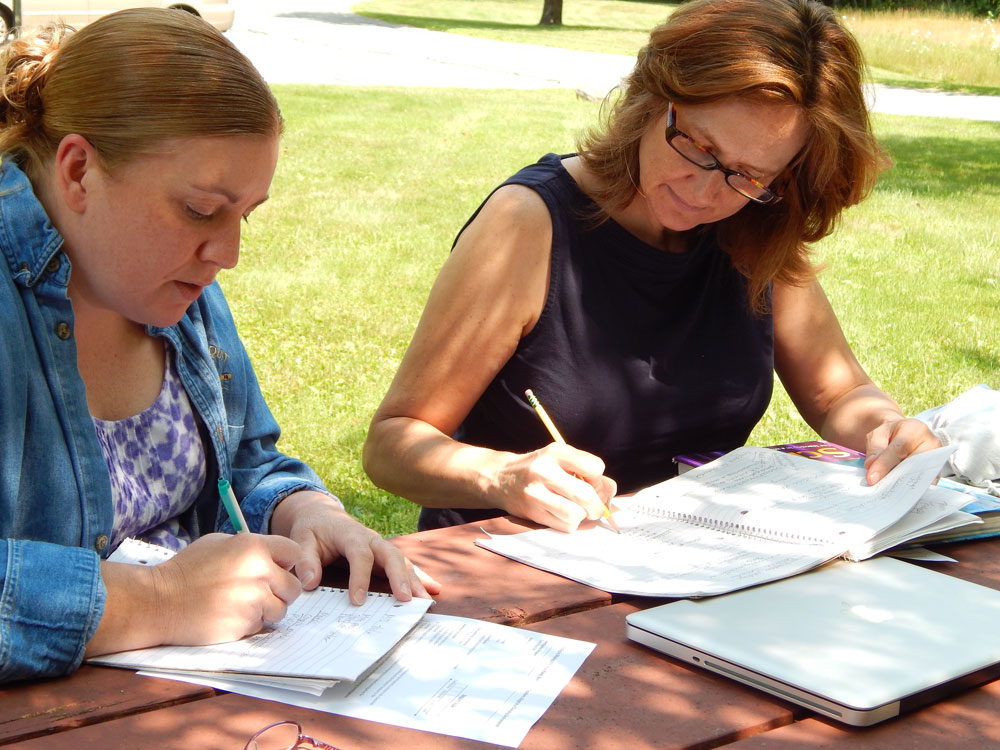 or cultural organizations to hold graduate level hands-on, minds-on Summer Professional Development Institutes. Institutes promote a positive change in the way science education is taught in Massachusetts elementary, middle and high school classrooms by exposing teachers first-hand to inquiry-based pedagogy.
or cultural organizations to hold graduate level hands-on, minds-on Summer Professional Development Institutes. Institutes promote a positive change in the way science education is taught in Massachusetts elementary, middle and high school classrooms by exposing teachers first-hand to inquiry-based pedagogy.
MITS offers one-week and hybrid institutes tailored to the needs of K-12 educators (This year, MITS also offers a computer modeling institute for middle and high school educators). Throughout the week, educators visit partner organizations’ sites and participate in both STEM content and skill development sessions. These sessions are taught by scientists, content specialists and professional educators. Each day is balanced between indoor, classroom-based components and outdoor field experiences. Depending on the region, daily activities may include trips to field sites, behind-the-scenes tours of laboratories, introductions to resource centers, and modeling of inquiry-based activities designed to help educators meet State Frameworks. Hybrid institutes include online instruction in addition to a week of on-site hands-on inquiry investigations and content sessions.
One-Week Institutes for Grades 3-8 and Middle & High School Educators
Cape Cod Region: July 10-14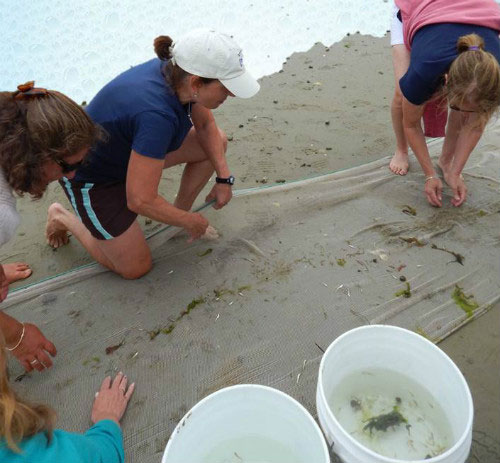
Water, water, everywhere! Grades 3-8 educators will explore the living laboratory of Cape Cod and investigate water properties, coastal ecosystems, and marine science. They will discuss environmental and economic policy issues related to water, such as wastewater and tidal power, and practice incorporating water-related current events into classroom curricula. Participants will tour a marine animal hospital, visit a local fish hatchery, and discover the ways water is filtered in nature. Educators will engage with water science to see what makes it important and relevant, especially for coastal regions.
Partners: National Marine Life Center, Thornton W. Burgess Society Green Briar Nature Center, Mass Audubon’s Long Pasture Wildlife Sanctuary, Massachusetts Maritime Academy, Woods Hole Oceanographic Institution
MetroWest Region: July 10-14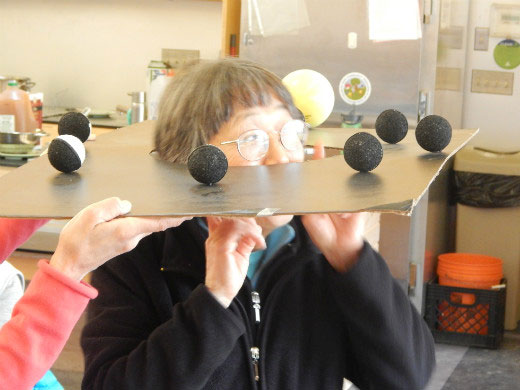
Why is climate change such a hot topic? Middle and high school educators will spend a week studying the most urgent questions related to climate change, gathering and evaluating data, and considering consequences. Through hands-on activities and laboratory experiments, educators will explore the intersection of climate science, food production, biodiversity, energy and infrastructure, and society. Participants will learn about how climate science falls within the revised 2016 Science and Technology/Engineering Standards and exciting pedagogical approaches utilizing the idea of paradigms and paradigm shifts. They will leave with an array of useful tools and inspiring approaches that are designed for deep learning, effective communication and positive change-making.
Partners: Framingham State University College of STEM, McAuliffe Center for Integrated Science Learning, Center for Climate Change Education
North Shore Region: July 17-21 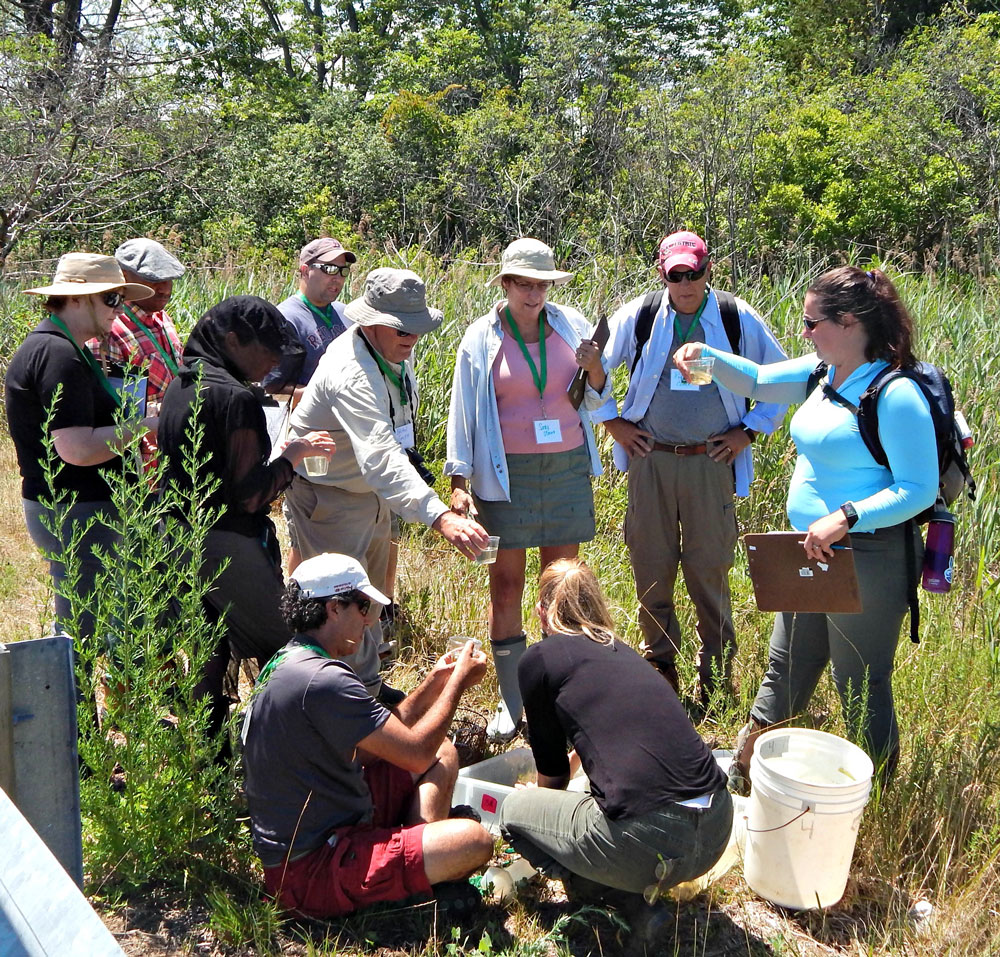
How can educators involve their students in hands-on ecological research? During this institute, middle and high school educators will explore the coastal and inland habitats along the North Shore as they experience and design inquiry-based investigations for their students using the Science and Engineering Practices. By venturing into the field with environmental award-winning scientists, participants will learn how to determine and evaluate the health of an ecosystem, explore engineering solutions that could minimize the negative human impacts to local habitats and communities, and investigate how organisms’ ranges are shifting in response to a warming climate. Educators will explore a variety of tools and techniques to collect, analyze, and communicate field data with their students.
Collaborators: Mass Audubon’s Endicott Wildlife Sanctuary, Plum Island Ecosystems Long Term Ecological Research, Ipswich River Watershed Association, US Fish and Wildlife Services, Ipswich High School, Boston University, Salem Sound Coastwatch
Southeast Region: July 17-21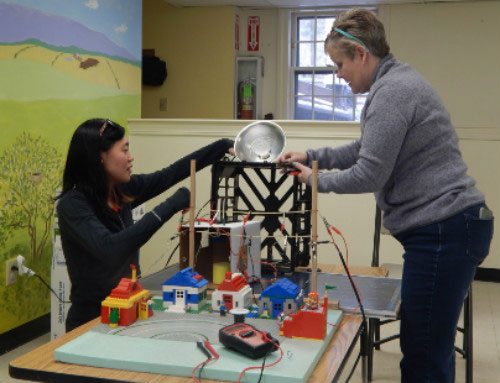
Summer is the best time to talk about the sun…and to explore energy in all its forms. During this institute, grades 3-8 educators will investigate energy systems of the earth and its oceans, examine alternative energy sources and experiment with solar panels and motors. They will tour local buildings that have successfully incorporated alternative energy sources as part of green initiatives, build model wind turbines, and discuss how to incorporate simple solar solutions into a classroom curriculum that meets the revised MA Science and Technology/Engineering Standards. Facing a group challenge, participants will use the knowledge constructed throughout the week to collaboratively design an innovative sustainable solution to an environmental problem.
Partners: Lloyd Center for the Environment, Battleship Cove, National Marine Life Center
Berkshire Region: July 10-14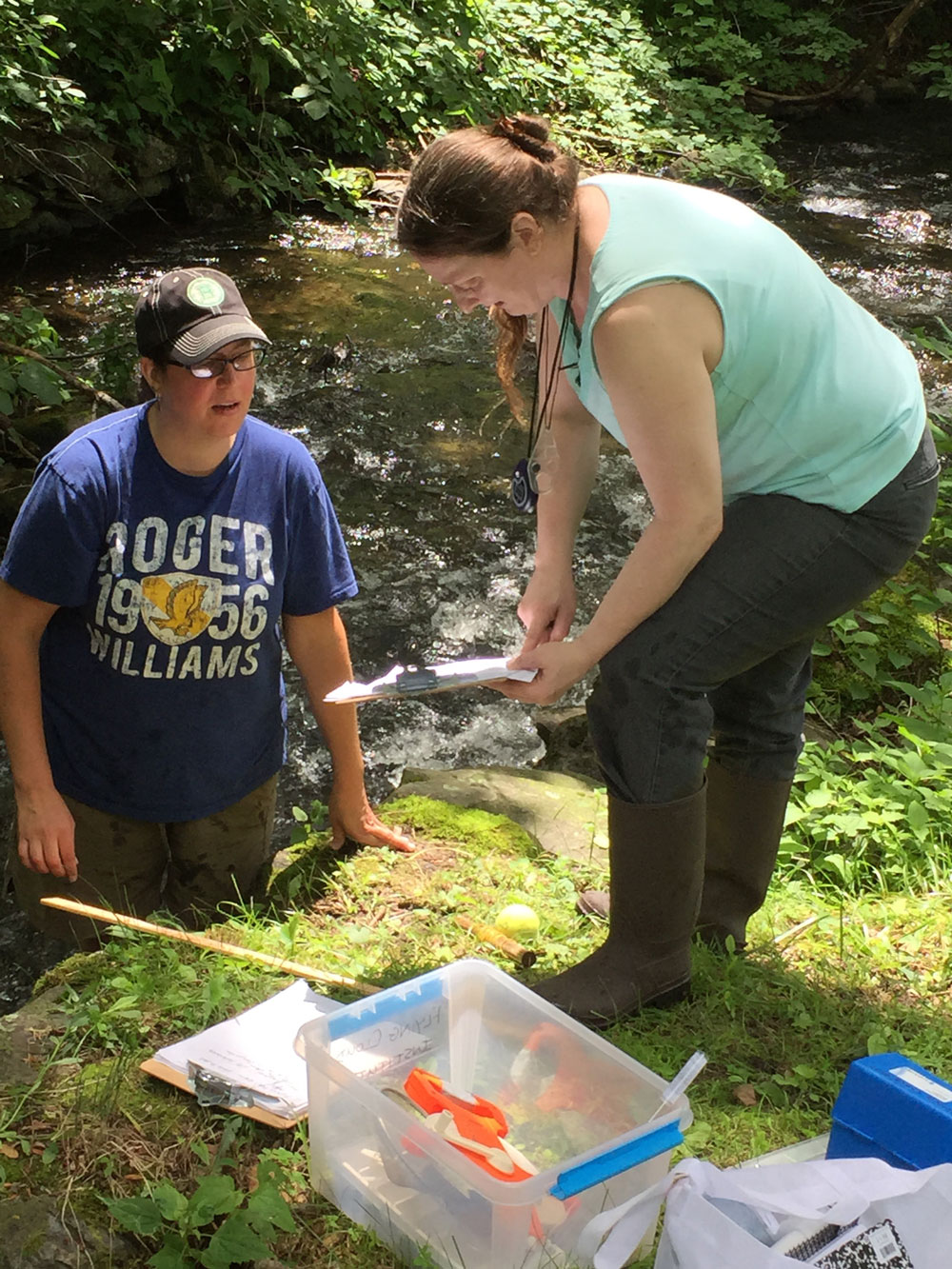
How can local ecosystems be used by educators to develop a STEAM (Science, Technology, Engineering, Art and Math) curriculum? Grades 3-8 educators will expand their awareness of STEAM pedagogy by exploring the Berkshires from the top of its mountains to the bottom of its ponds. Participants will investigate the geological and biological interconnectedness of the region through “hands-on, minds-on” science. They will walk the ancient bedrock and investigate glacial striations and formations to better understand geologic time, identify and model the paths water takes through and down the mountains and investigate how the local flora and fauna evolved as the region aged. Finally, educators will create a digital art project from their field data that tells a story of how scientific processes have shaped the landscape of the Berkshires.
Partners: Massachusetts College of Liberal Arts (MCLA), Center for Learning in Action (CLiA, Williams College), The Trustees of Reservations
Hybrid Institutes for Grades 4-10 Educators
Middlesex Region: June 17-August 4 (On-site July 17-21)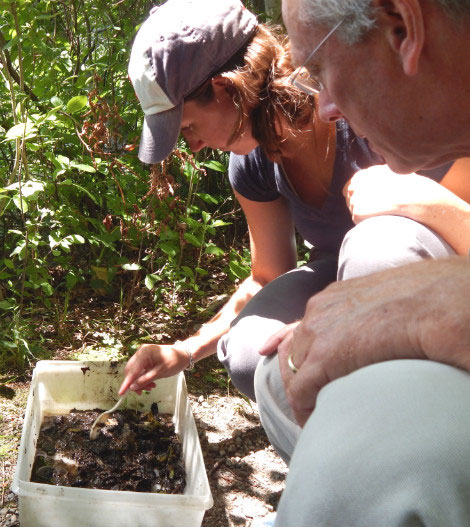
How can the living laboratories of eastern Massachusetts’ ecosystems be utilized by grades 4-10 educators to conduct science? In this hybrid summer institute, educators will learn more about collaborating with practicing field ecologists, collecting environmental data, and participating in citizen science programs. They will get their hands dirty collecting macroinvertebrates, observing bird life and surveying plant species, and muck around in wetland habitats to learn about a rare turtle species being re-established in the region. At every step in the field, participants will work with Mass Audubon educators to explore instructional practices for working with students to collect data in the field and use it to make predictions and claims about the health of an ecosystem.
Partners: Mass Audubon Education Department, Grassroots Wildlife Conservation, Mass Audubon’s Drumlin Farm Wildlife Sanctuary, Mass Audubon’s Blue Hills Trailside Museum
Special Offers for Multiple Teachers from a School or District
Educators will put their knowledge to work in the 2017-2018 school year to create positive change within their classrooms, schools and districts. To support teachers working as a team to implement their experiences and share with colleagues, MITS has created a special discount. Teams of 2 or more teachers attending from the same school/school district will be offered a registration fee reduction of $25 per teacher. For school districts who send 4 or more teachers, MITS will also offer a follow-up support session in the fall of 2017 at the school or district.
To register for one or more of the MITS 2017 Summer Professional Development Institutes, visit: https://www.wadeinstitutema.org/2017-summer-professional-development-institutes/
###
The Museum Institute for Teaching Science specializes in providing hands-on, minds-on, inquiry-based STEM professional development for formal and informal educators. For more information, visit www.mits.org or call 617-328-1515.
